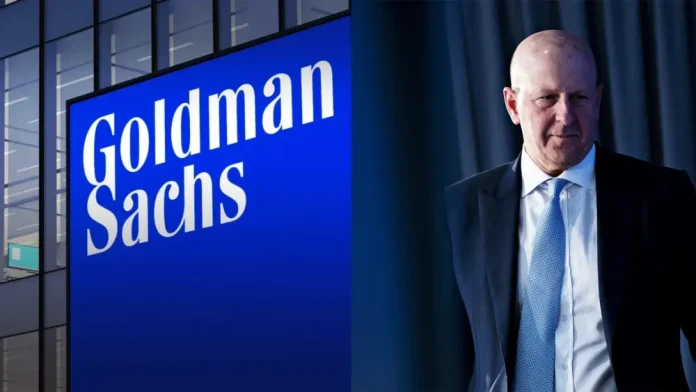Goldman Sachs predicts the Indian government’s investment spending will decline in the coming years as it works to reduce its fiscal deficit.
Prime Minister Narendra Modi’s administration plans to reduce the deficit by about 1.5 per cent over the next two years. Goldman economists Santanu Sengupta, Arjun Varma, and Andrew Tilton see this as a sign that the recent rapid rise in capital spending will not be sustainable.
The private sector is expected to fill the gap in investment spending. It accounts for about 75% of investment in the economy, but its pace has slowed over the past decade due to factors such as a sluggish property market, tightening credit conditions and falling savings.
With companies looking to diversify beyond China’s manufacturing centres and the Make in India initiative supporting local manufacturing, private sector investment may be back on track.
Indian companies have reduced their debt levels, and banks have enough capital to offer new loans for business expansion.
The federal government has allocated 10 trillion rupees ($120.4 billion) for investment in the fiscal year to March 2024 and aims to reduce the fiscal deficit from 5.9 per cent this year to 4.5 per cent of GDP in 2025-2026.
Private sector demand in India’s economy has strengthened since the pandemic, with credit card spending hitting a record high and banks doubling their retail loan portfolios from 2019.
Goldman Sachs experts predict that private investment will increase in the coming years, mainly due to domestic demand and the removal of uncomfortable supply-side concerns.
